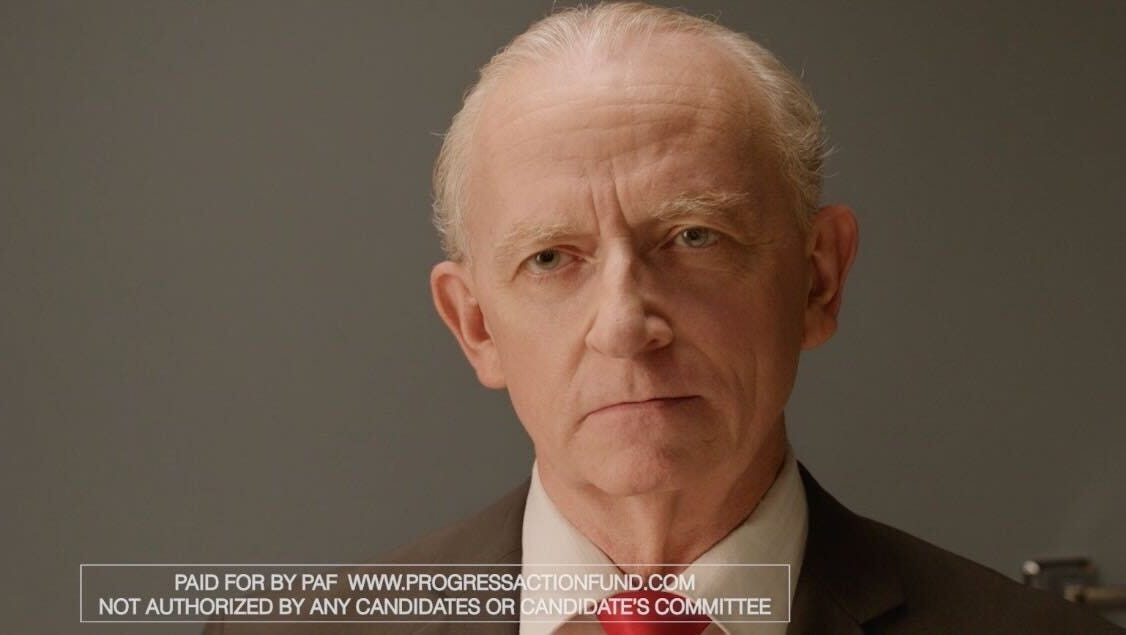Read the latest op-ed by our founder Joe Jacobson
In 2020, I founded a PAC called Progress Action Fund with one mission: win. Georgia was ripe for mobilization during that election, yet DC strategists overlooked the state in favor of more traditional battlegrounds. Many still relied on outdated approaches, clinging to the Obama playbook of big data and the hope and change that electrified voters in 2008. But the Obama strategies don’t translate to today’s politics because there’s only one Obama, and the GOP is a radically different animal. Trump’s success has made it abundantly clear that voters respond to his style of boldness in a way that cold, lifeless messaging simply does not.
For Democrats, messaging has shifted from straightforward, gut-level language like James Carville’s “It’s the economy, stupid” — to messaging crafted in heartless, sterile labs that do not speak to voters. We now see tried and true Democratic messaging endlessly tested, turned into data points on a spreadsheet, and torn apart by beltway consultants looking to justify their overpriced fees. This approach has created PACs like Future Forward USA and their $700 million operation that made 20 variations of the same ad, with their excessive focus groups and data analysis neutering the ads. This process strips away clarity and conviction, leaving us with watered-down messaging that left actual voters turned off because Future Forward presented Harris as the typical, establishment, out of touch politician.
Trump and his team, by contrast, honed a style that resonates deeply with his base and the average American who distrusts politics. His unpredictability and confidence makes people see him as authentic. His charisma translates to trust, even among voters who don’t agree with him on every issue. Trump projects an emotional connection that most Democrats struggle with. He may be polarizing, but his supporters see him as real. His ads are no exception, as while they aren’t always truthful, they are obviously effective, moving the needle according to testing by 2.7 points, compared to just 1 point for Harris’ best ads. As a result, Democrats are failing to connect with the very groups we claim to champion: minorities, young people, and the working class. These groups feel alienated and have drifted to Trump due to our lifeless, excessively data-driven approach.
At Progress Action Fund, we do things differently: we set out to create authentic ads that build urgency and speak to what Americans genuinely feel. In the past year, we’ve released six viral ads featuring an actor playing “Your Republican Congressman.” Using best practices from the private sector (e.g., think Flo from Progressive or Jake from State Farm), “Your Republican Congressman” was the same in every ad: evil, creepy, and dead set on controlling what you do in your bedroom, doctor’s office, and every aspect of your personal life. These ads gained over 270 million views across social media, received praise from experts on the left and the right, and moved voters at a rate more than double that of Future Forward’s ads, 1 point more than Harris’ ads, and even more than Trump’s.

Our ads were successful because we focused on one basic principle: showing, not telling. Rather than jam-packing and listing every policy issue into a 30-second ad like many in the Harris ecosystem, we kept it simple. We showed voters the consequences of a Republican victory. We relied on Advertising 101— building a brand by repeating important themes and making viewers feel something that sticks with them. This brand consistency explains Trump’s success, as he has cultivated a brand of “winning” and “straight talk” for the past 50 years that does not crack, no matter how much Democrats try to expose the truth.
I’ve observed that many Democratic campaigns and high-profile PACs have forgotten the point of a political ad. The goal isn’t to check off every trending issue in a single clip or to reinvent the wheel to make yourself stand out; it’s to make an emotional connection and leave an impression that voters carry with them to the polls. Though the Harris team’s intentions were admirable, their ads and messaging were wonky, unmemorable, and clearly uninspiring. Though the Trump team’s intentions were malicious, their ads were concise and provocative, and while dark, they made the American people feel something stuck with them.
As Democrats, we’ve always prided ourselves on our values. Still, our data obsession has made us seem like a cold, insincere party that torments itself by trying to make everyone happy. But our values are still as powerful as ever—protecting individual rights, strengthening the middle class, and ensuring a brighter future for the next generation. We must regain trust with the American people by reducing our obsession with wonky data and start using messaging that speaks to people’s hearts again. Authenticity doesn’t come from a lab; it comes from real engagement with voters. We need voters to believe that we’re authentic, and they won’t if our messaging feels artificial and focus-group-tested to death.
